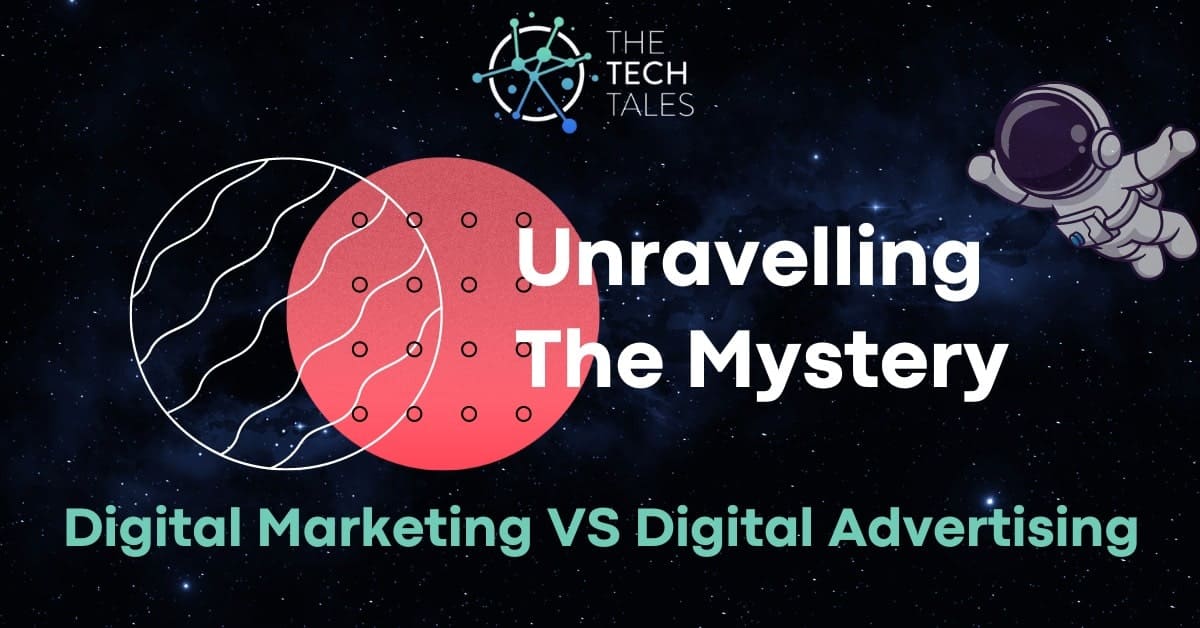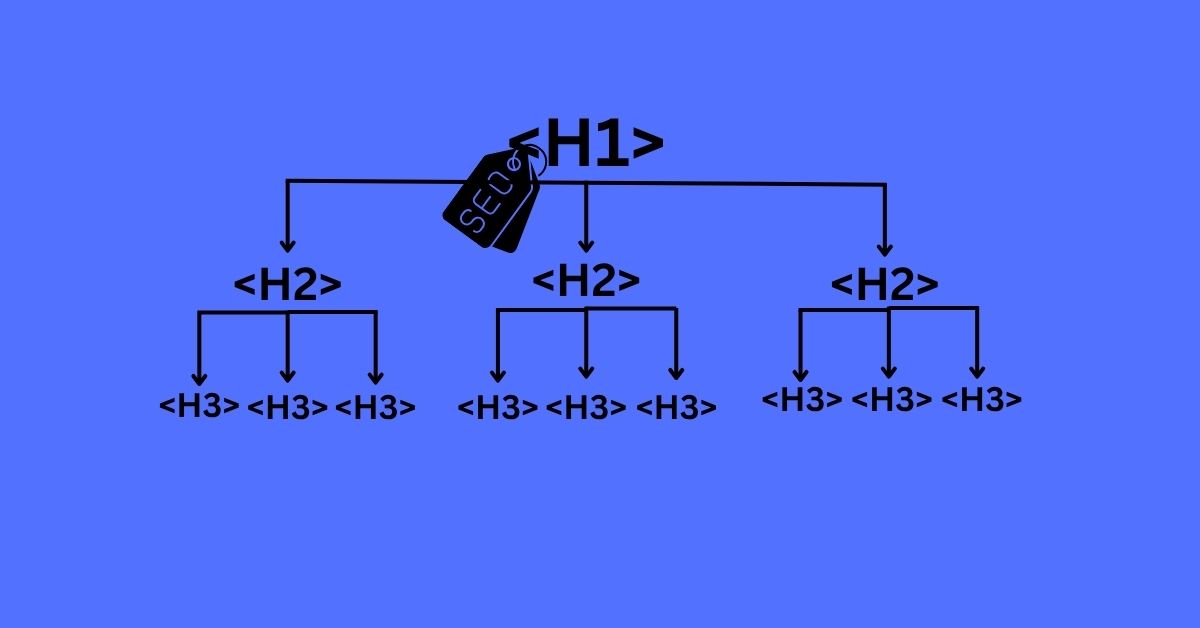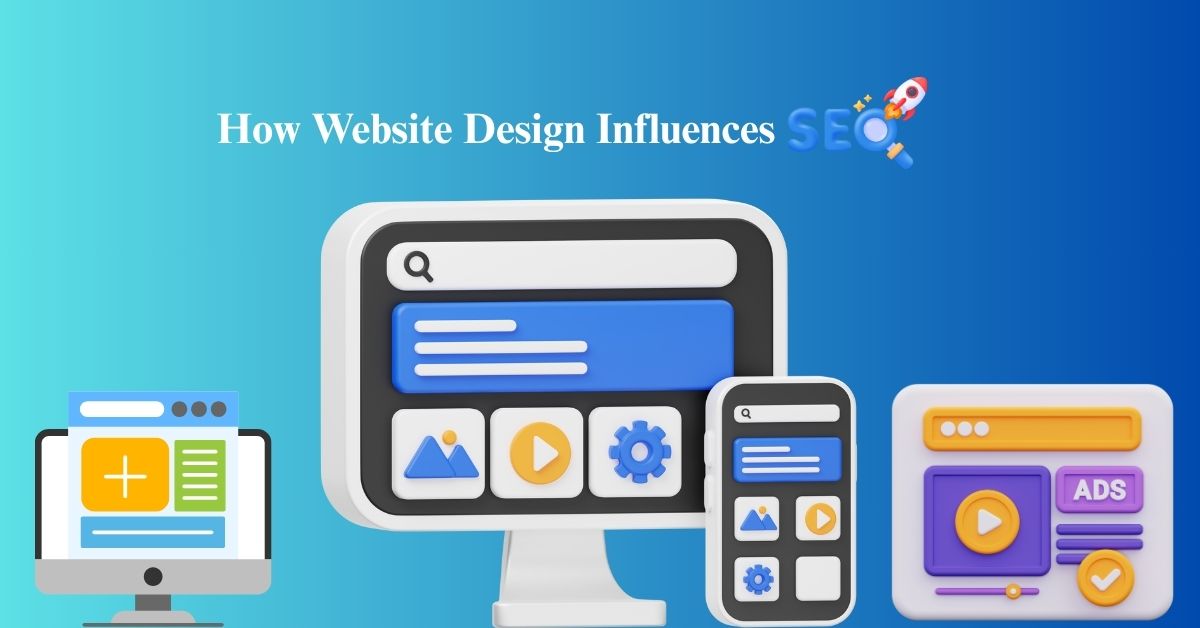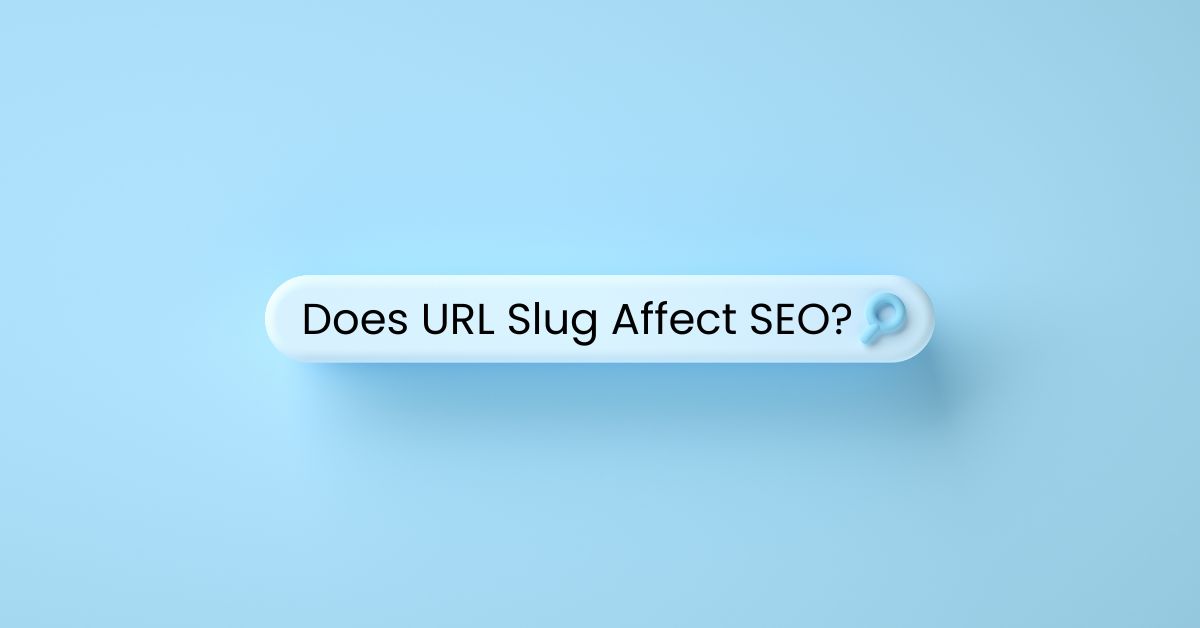
Table of contents
Sometimes, it is easy to tell two doppelgängers apart. At first glance, it may look like one thing is just an exact copy of the other, but upon closer inspection, you begin to spot the difference.
So what is it about digital marketing and digital advertising that ends up baffling a lot of people?
You may have often seen these terms used interchangeably. Before reading this blog, we could have sworn many people still assumed they were identical. But we’re more than delighted to snap you out of this illusion. THEY ARE NOT.
Though both techniques are used for disseminating your brand, the approaches followed differ.
Without further ado, we will help you know the key differences between digital marketing services and advertising and how to use both to your advantage.
Digital Advertising
When we say digital marketing and digital advertising are different, they don’t need to be independent terms. Digital advertising is a part of digital marketing.
Instead, it is a strategic use of marketing that targets users. It is a technique that encourages customers to interact with, learn about, or become informed about the company’s offerings.
It is fair to say that digital advertising is a classic method of advertising that uses offline media like magazines and newspapers to disseminate the message.
Most of the time, it uses widely used platforms like social media, search engines, and video platforms. The many advertisements you see when browsing the internet are digital. Pay-per-click advertisements, display ads, and social ads are some of the more popular methods of digital advertising.
Core Features
Digital advertising often comes across as pesky and unsolicited to many users. Picture yourself watching a video of cats on YouTube and getting bombarded by unskippable ads for home mortgages. This scenario would make anyone throw a fit.
Another bummer for brands using digital advertising is that many users install ad-blocking software to avoid them. It’s not like digital advertising agencies or companies aren’t aware of the situation. However, they can still save a fortune of their budget on missed ads, which makes them continue publishing the ads anyway.
Generally, digital advertising includes the following elements:
Causes concern: Offering difficulties or suspense stories makes the viewer want to know more.
Engages specific audience: Although a large part of the audience may not be interested in the ads, there are still people who are instantly hooked by such advertisements as they touch on several problems that they are already facing. This leads them to take action.
Digital Marketing
Conscious steps are taken to disseminate a brand or product count as “digital marketing.” It makes use of technological tools and media to communicate with end users.
Digital marketing includes making strategies tailored to the specific goals of an organisation, like increasing sales, amplifying brand reputation, or building trust.
Unlike in digital advertising, a lot is at stake here, and organisations have to thoroughly understand current challenges and their solutions from the audience’s point of view.
And it goes without saying that digital marketing services thoroughly consider factors like cost analysis, client needs, and other pertinent problems. The final step is then to choose suitable media for a promotional activity, which reaches people via digital advertising and is ultimately measured based on sales.
Core Feature
In contrast to digital advertising, which is broad, digital marketing is a concentrated, limited, and targeted way to contact the audience.
It focuses on specific challenges that people experience while also including company expertise. It clearly answers their questions and gives solutions to their problems, boosting the likelihood of increased purchases.
Here are some of the fundamental characteristics of digital marketing:
Accessibility: Digital marketing can help individuals living in remote locations, where most of the usual marketing media are absent.
Flexibility: It offers a variety of marketing strategies. With digitisation, reaching any area of the world is simple, allowing businesses more flexible marketing possibilities.
Settling The Debate: Digital Advertising VS Digital Marketing
Though they appear synonymous, digital advertising and digital marketing services differ in many aspects.
Advertising raises brand awareness, whereas digital marketing aids in its development.
While digital advertising is an activity based on digital marketing, digital marketing is a process that includes market research.
While digital advertising is concerned with revenue, digital marketing necessitates an understanding of human behaviour.
Unlike digital advertising, which is tactical, digital marketing requires extensive planning.
Comparisons of Digital Advertising and Digital Marketing
Here’s how both terms are similar:
- Both are interconnected.
- They contribute to increased revenue.
- Their objective is to raise awareness and sales.
- Both require a strategy.
Scope of Digital Marketing and Digital Advertising
The process of digital marketing is ongoing and consistent. From the initial research stage to the later stages, like strategic planning, control, monitoring, and successful output, digital marketing encompasses every single activity.
Digital advertising is part of a digital marketing strategy focused on generating more brand awareness while compelling people to buy the product or service concerned.
It is important to note that digital marketing has become an indispensable part of every business. Hence, organisations can’t do away with digital marketing, as doing it the right way always pays off.
This emphasises the necessity of digital marketing for firms worldwide. On the other hand, a company may or may not choose digital advertising. Digital advertising demands heavy budgets, expertise, and industry-specific products to get more results.
Therefore, a company’s online actions and content shared across various digital platforms are all components of its digital marketing plan. Every company website, social media profile, and mobile app are different strategic fronts of its digital marketing efforts.
Conclusion
At first sight, digital marketing and digital advertising may seem similar, but they have key differences. It just boils down to this:
- Digital advertising is when you use the internet for marketing your goods, services, brand, or business.
- Digital marketing is organising, promoting, and finally selling a product or service in a digital space.
While digital advertising is a form of promotional messaging, “digital marketing” is a broad term encompassing many marketing initiatives that make use of digital devices like computers, tablets, and smartphones.
Regarding which ones will suit you better, the real question is, “Is it a choice you must make?” Digital marketing will always be a part of your efforts to amp up the business; it’s up to you to accommodate digital advertising.





